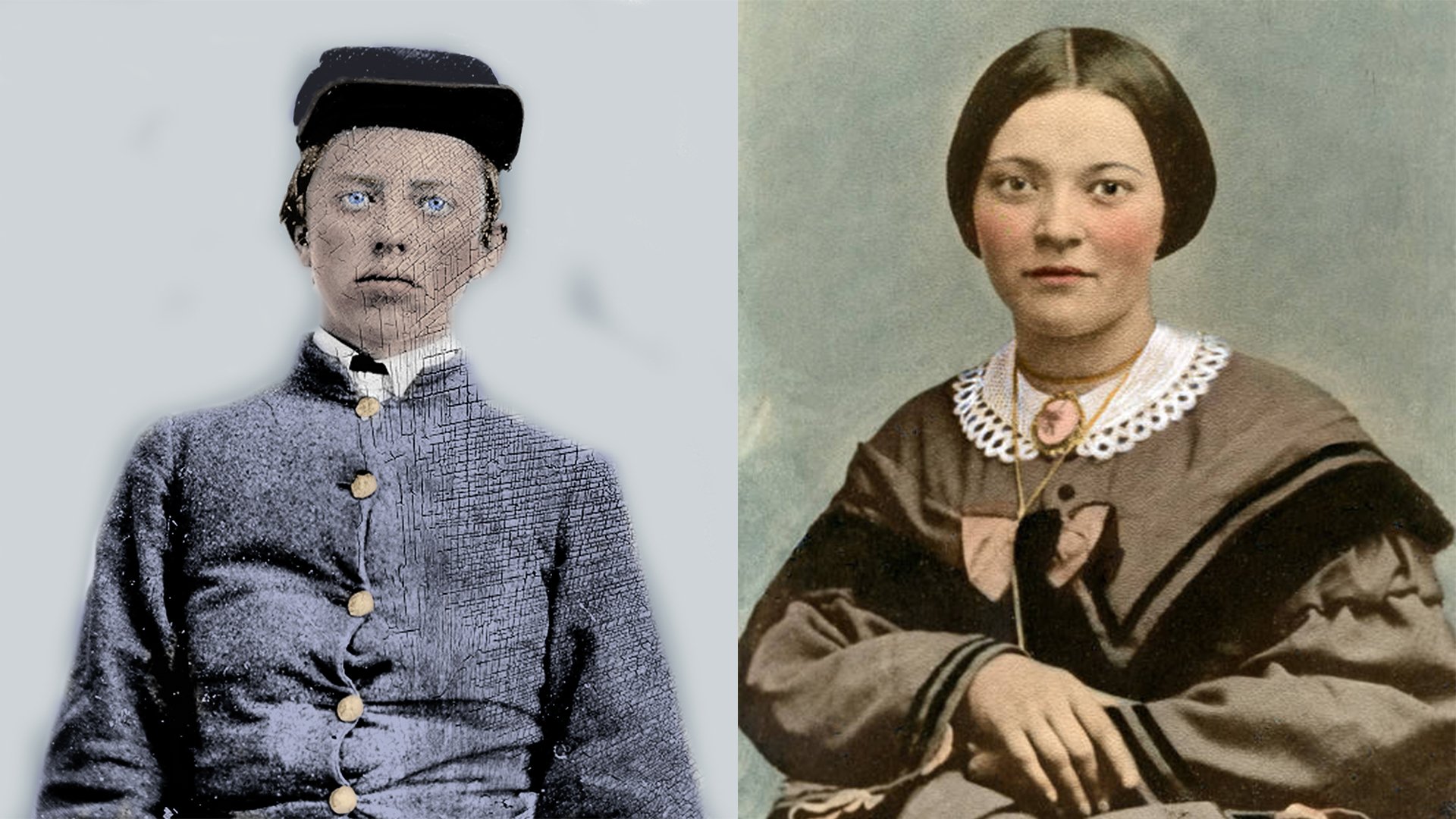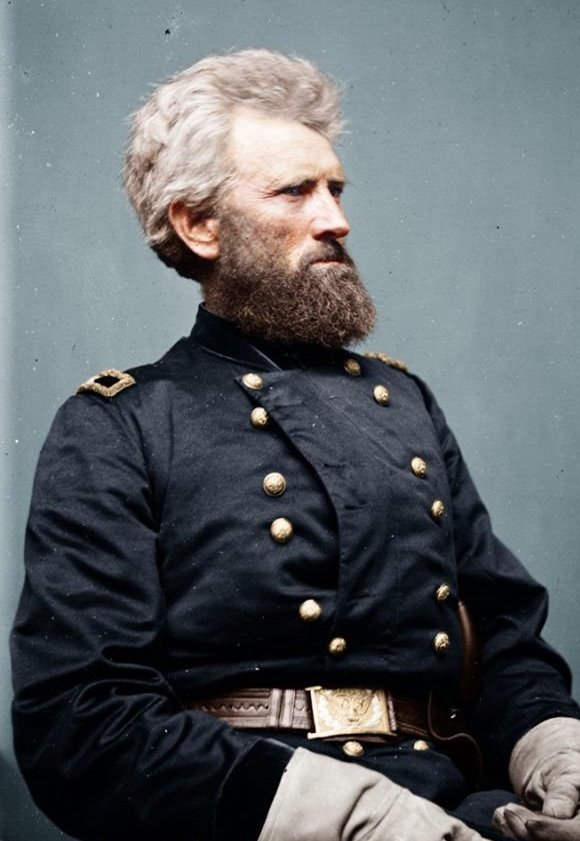
People
Learn about the Civil War in the Valley from the stories of the men, women, soldiers, and civilians that lived through it
Robert H. Milroy
Brigadier General (USA)
June 11, 1816 — March 29, 1890
A native of Indiana, Robert H. Milroy received a military education at Captain Partridge’s Military Academy in Norwich, Vermont. He graduated from the school first in his class in 1843.
Milroy served as a captain of Company C, 1st Indiana Volunteers during the Mexican War, but he witnessed little action. When the Civil War broke out, Milroy helped form a company of the 9th Indiana Infantry and became the regiment’s first colonel. After serving with distinction in the campaigns in western Virginia in 1861, Milroy received a promotion to brigadier general in September of that year. It was also during this early campaign that Milroy earned his nickname, “the Gray Eagle.”
As a brigadier, Milroy was assigned to the Cheat Mountain District of northwestern Virginia. While in this post, Milroy fought and was defeated by General Thomas J. “Stonewall” Jackson’s forces at the Battle of McDowell on May 8, 1862. He fought ably in command of an independent brigade at Second Bull Run (Manassas), Virginia, in August 1862. After this, he assumed command of the Cheat Mountain Division of western Virginia. Here Milroy gained notoriety for his harsh policies toward Confederate civilians.
After Confederate forces under General William “Grumble” Jones withdrew from Winchester on December 13, 1862, Milroy occupied the town. He believed it to be crucial to the defense of the Baltimore & Ohio Railroad. On Christmas Eve, about 3,000 men under command of Milroy’s subordinate, General Gustave P. Cluseret, entered Winchester. Milroy arrived in Winchester on New Year’s Day and remained until his defeat at the Second Battle of Winchester on June 15, 1863.
A strong proponent of Lincoln’s Emancipation Proclamation and a Presbyterian, Milroy believed that it was his duty as an instrument of God to eradicate slavery in Old Testament fashion and punish those in rebellion. Milroy felt no sympathy for the town’s inhabitants. He issued orders that made it difficult for them to obtain food and supplies. He exiled families by the score and arrested others for any infraction of his rule. In April 1863, Milroy exiled the Logan family from their home at the corner of Braddock and Piccadilly streets as a result of the ill treatment of a Jessie Scout (Union soldiers dressed as Confederates). The townspeople, however, believed that Milroy exiled the family because his wife wanted the house.

